During the past academic year, the international community at Boston College, and at universities across the nation, faced many obstacles. International faculty faced the suspension of fast-track processing for a visa application that took over six months, and undocumented students faced uncertainty as President Donald Trump’s immigration policies wavered. As the new academic year gets underway, recent policy changes have provided at least temporary stability to some concerns.
Last year, Trump had promised voters that he would end Deferred Action for Childhood Arrivals (DACA) upon taking office. DACA, implemented in 2012, enables undocumented students to obtain work permits and avoid deportation. In response to Trump’s promise to end the program, university presidents around the nation rallied behind DACA students. University President Rev. William P. Leahy, S.J. signed two documents in support of DACA students
On June 15, Trump announced that he would not be eliminating the program, extending DACA for two more years. However, new reports indicate that Trump is weighing options that could impact the program as a whole, with a Sept. 5 deadline set by some state attorneys general after which they have threatened to challenge the program in court. The options are said to continue current protections but possibly prevent future applications and end renewal of two-year permits.
As students who benefit from DACA encounter some uncertainty over its future, the international faculty faces the elaborate and ever-changing visa processes.
In early April, the United States Citizenship and Immigration Services (USCIS) temporarily suspended premium processing for certain H-1B visa applications, which could have affected many international faculty.
On July 24, the USCIS announced that it would resume premium processing for certain cap-exempt H-1B applications, which includes institutions of higher education. And on June 26, premium processing also resumed for certain physicians’ applications. The H-1B visa has an annual cap of 65,000 visas and an additional annual cap of 20,000 applications filed for beneficiaries with a U.S. master’s degree or higher.
According to the USCIS, “cap-exempt” now applies to institutions of higher education, nonprofits related to or affiliated with institutions of higher education, and nonprofit research or governmental research organizations. This means that BC is no longer affected by the premium-processing suspension. Premium processing also resumed for applications of those who would be employed at a cap-exempt institution, organization, or other entity.
H-1B visas are given to foreign workers in specialty fields, which, according to a previous Heights article, usually applies to tenure-track faculty, or even administrators, at BC.
A normal H-1B visa application takes over six months to process while applying for premium processing requires the application to be considered within 15 calendar days. However, to respond to steep increases in premium processing requests, the USCIS temporarily stopped accepting the fast-track requests.
Last year, BC had 62 international faculty and research scholars who were in the country on H-1B visas and planned to hire 55 faculty. According to Vice Provost for Faculties Billy Soo, the new hires were not affected by the premium-process suspension.
While the suspension is no longer applicable to institutions of higher education, Soo is weary that some visa processes are becoming more time consuming.
“Even though [the suspension has] been lifted, there have been new restrictions or new forms required that in some cases has made it more cumbersome,” Soo said. “Our lawyers were able to satisfy that, and that’s fine, it’s just that you can tell that the process is getting more elaborate.”
Soo continued to explain how many of BC’s international faculty will try to apply for their green card after BC sponsors their H-1B visa, since the H-1B visa needs to be renewed every three years. The green card application process, he said, is also becoming longer as there is now a possibility of adding an interview portion.
“With faculty, they’re presenting at conferences around the world. And when they apply for a green card visa, typically they are not allowed to leave the country until their visa is approved,” Soo said. “So, if it slows down, that crimps their ability to travel and present to other universities and conferences.”
Soo said that a faculty member at BC has been affected by the green card visa process, and has faced moving around travel plans.
“One of the concerns we have with all the publicity surrounding the challenges people face in entering the country and applying for visas, we’re afraid that that scares away the talented international faculty who might have been interested in coming to BC and working in the United States,” Soo said.
Featured Image by Alex Gaynor / Heights Staff








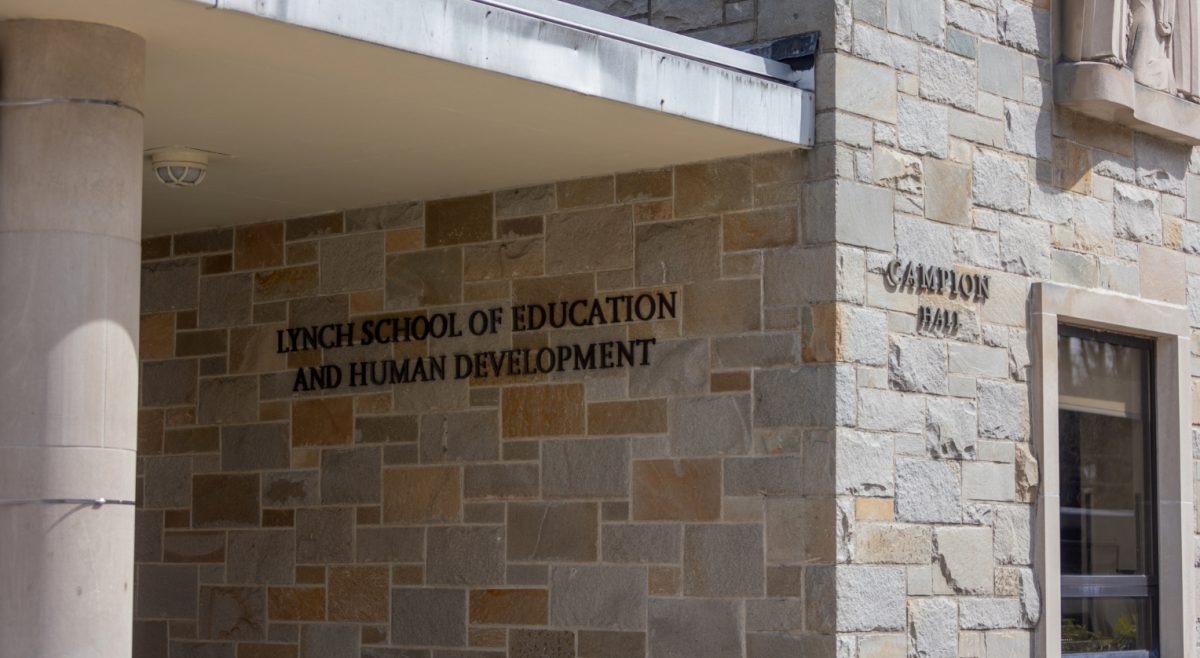
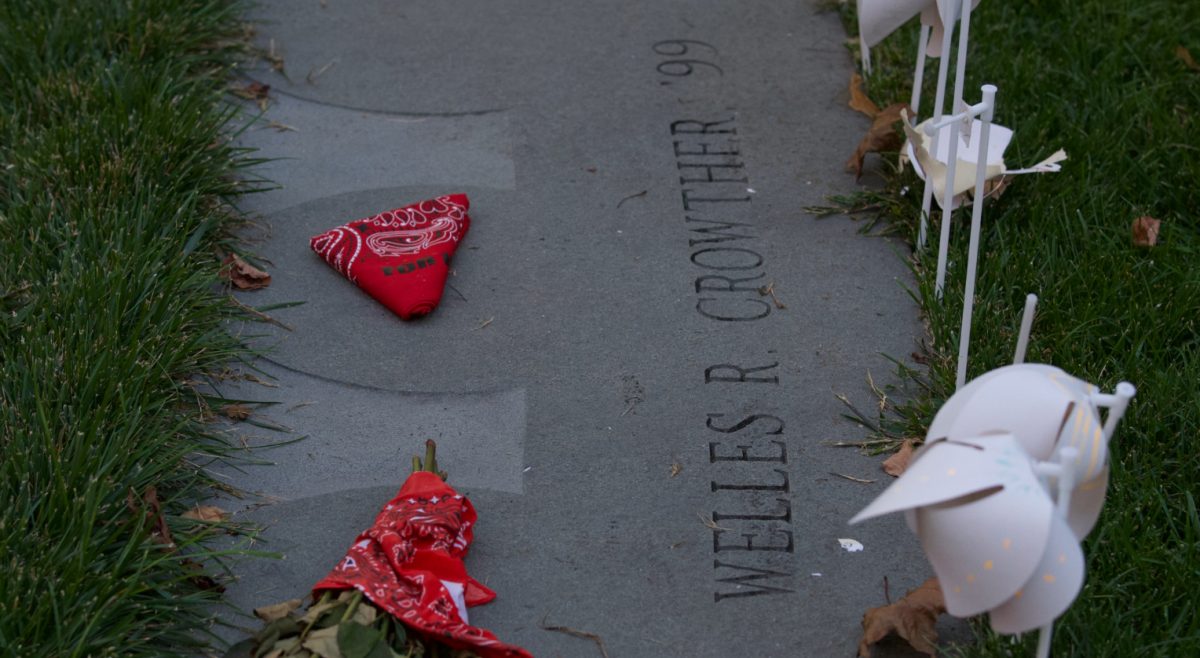


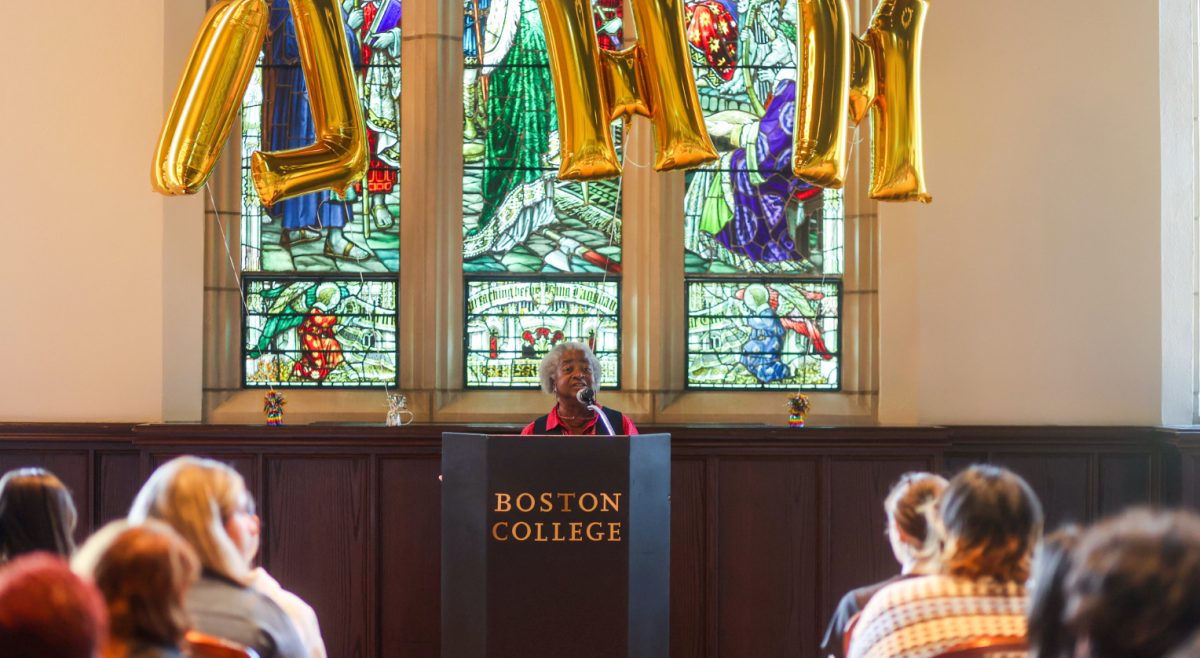
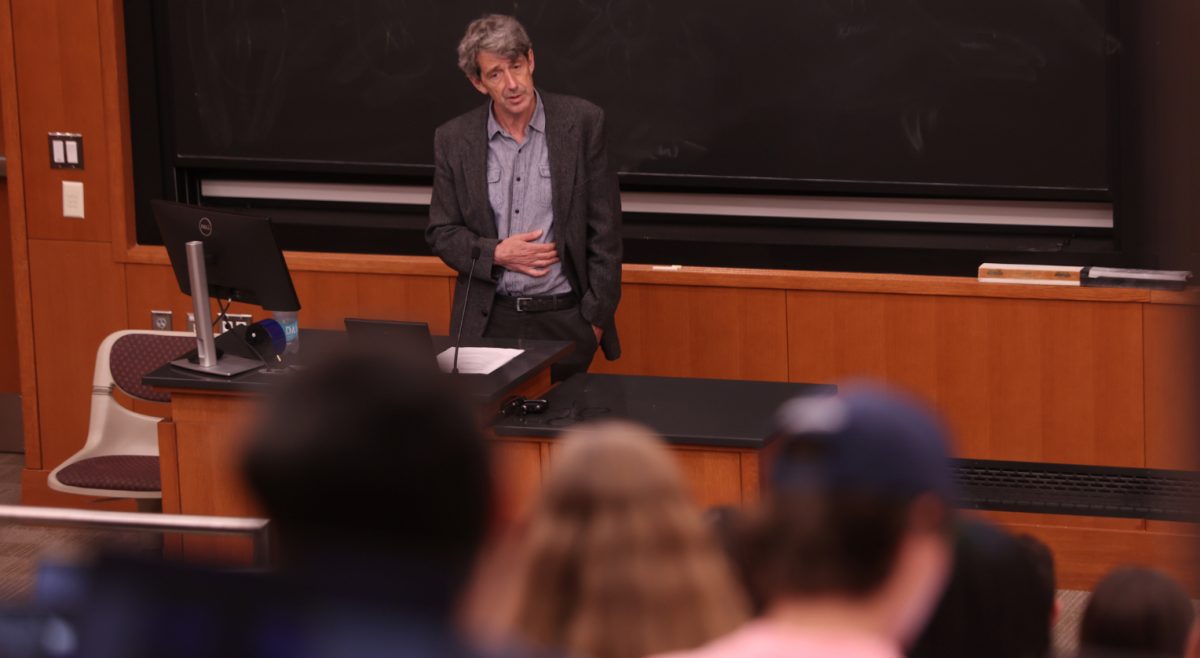


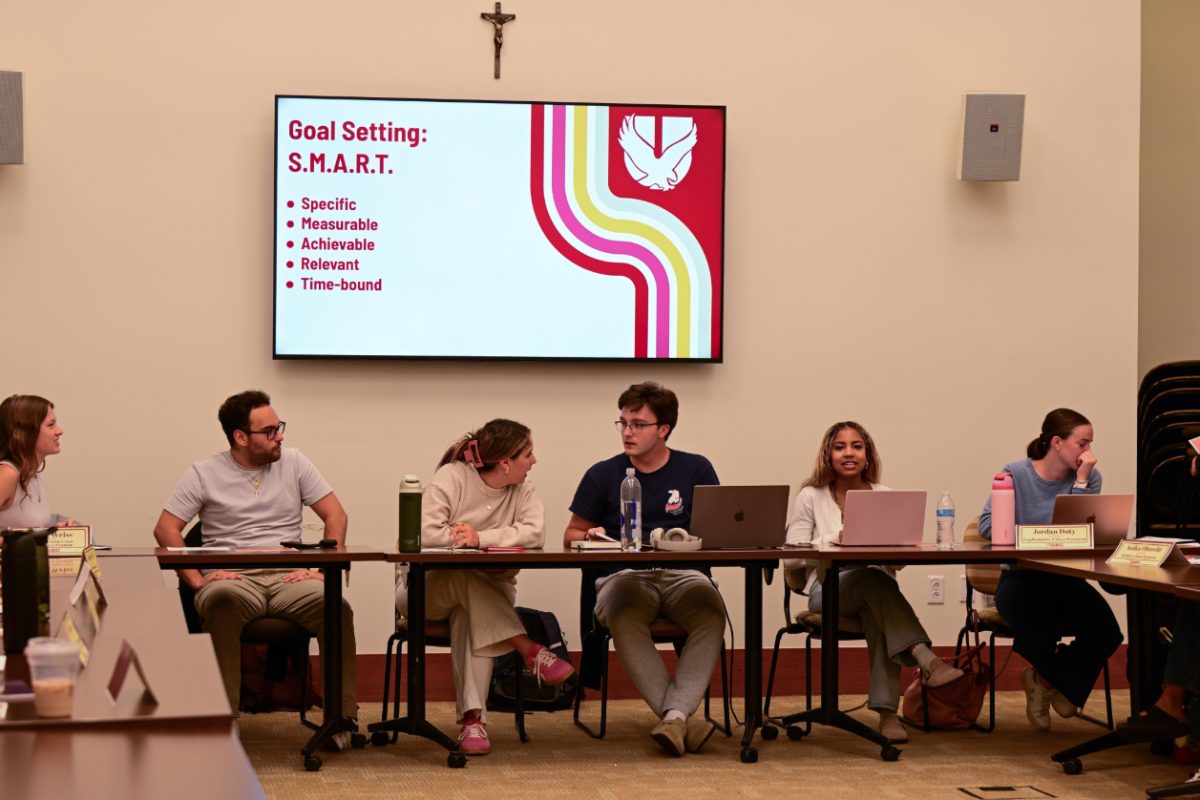

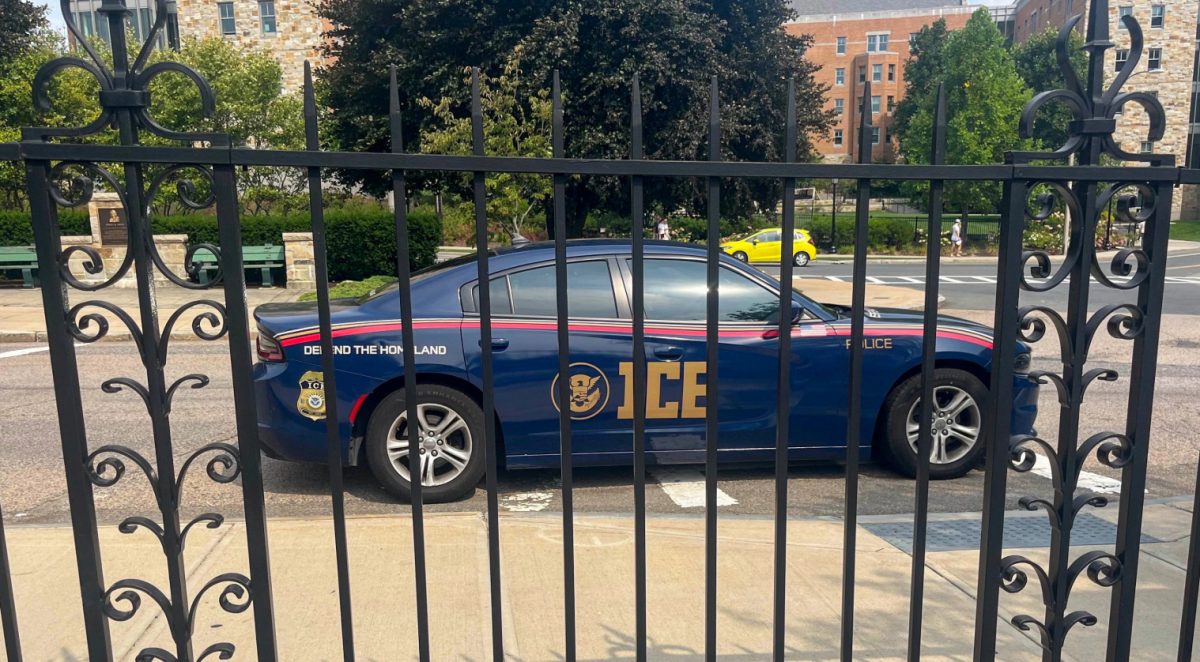

qrs more • Aug 31, 2017 at 5:42 am
DACA news articles ring out as militant. One DACA activist (Valdes) declared touching DACA is an act of war against Latinos and immigrants in the United States.
DACAs aren’t children. They are adults that were given deferred deportation,.